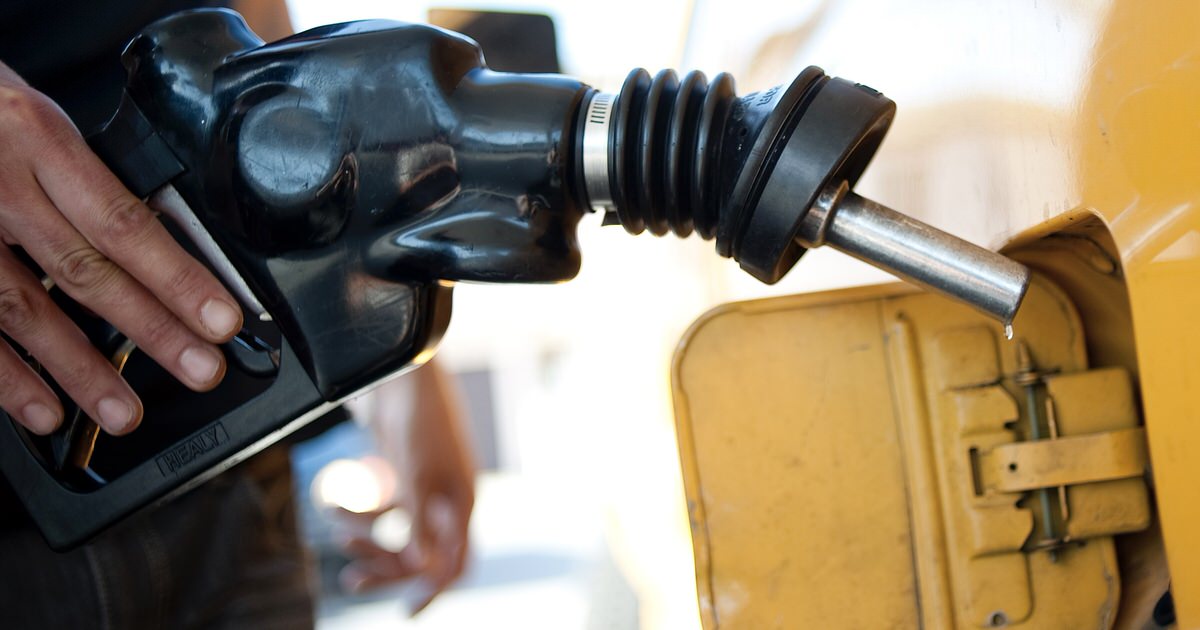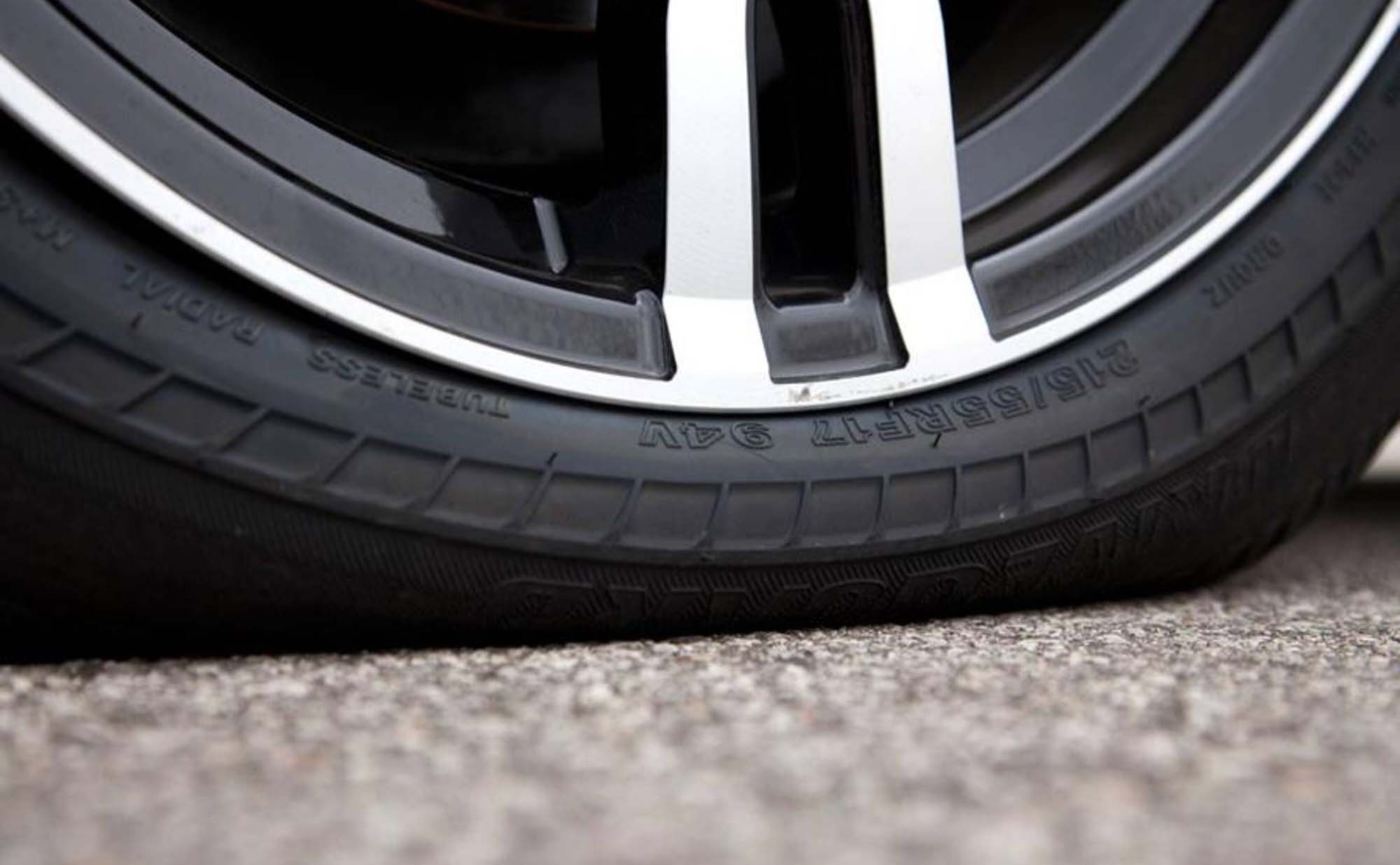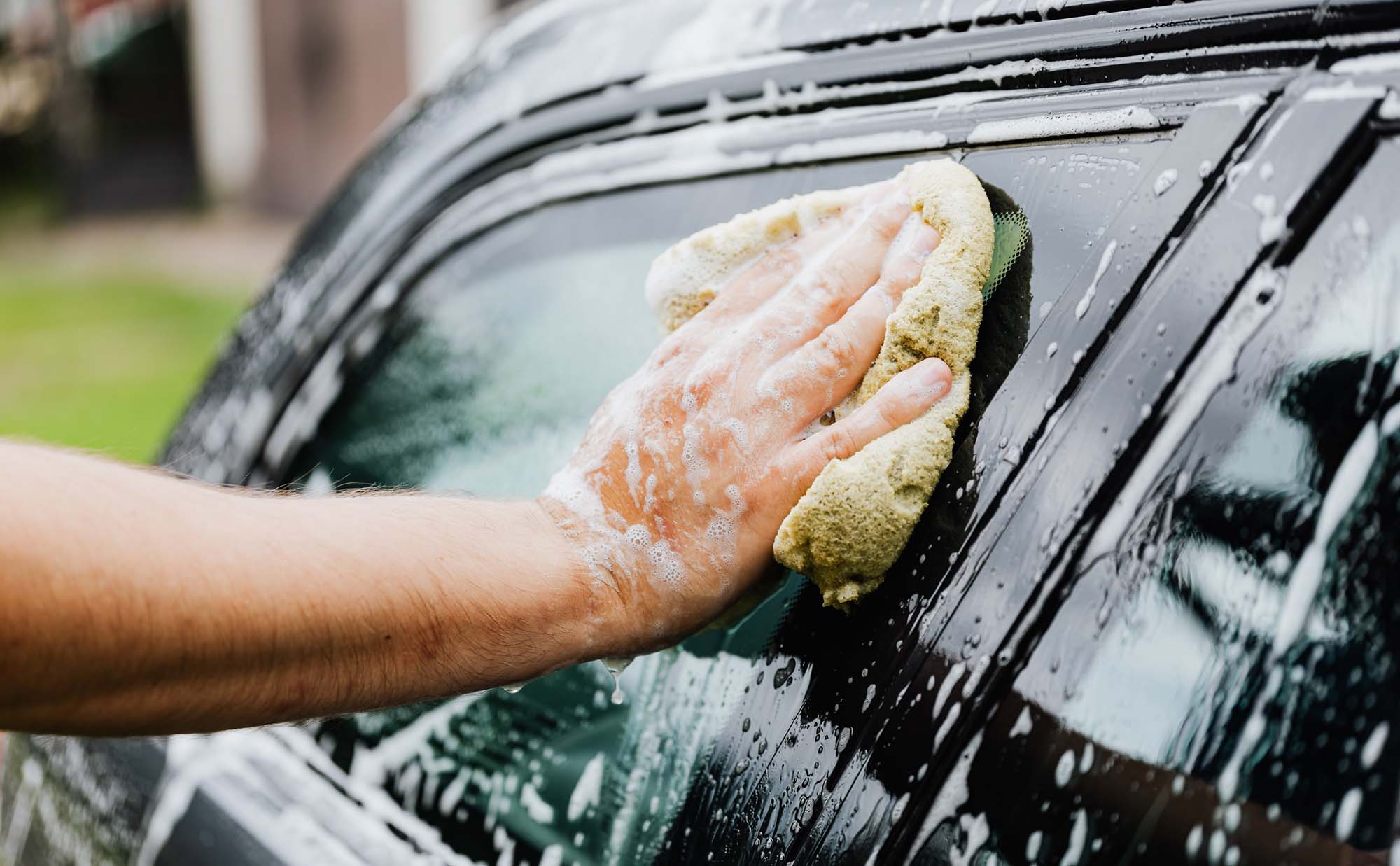Run flat tires are all the rage, but they aren't right for everyone (or every vehicle). Here is a list of the pros and cons, so you can make an informed choice.
This is the third part in a multi-part series that will cover everything you need to know about your vehicle’s fuel. Today we are looking at higher octane fuels, and if the additives they boast improve your engine’s efficiency enough to warrant their high price.
The Series
Part One: All About Octane (Part 1/3)
Part Two: All About Octane: Performance (2/3)
– Part Three: All About Octane: Additives (3/3)
The First additive
For nearly as long as there have been cars on the road, there have been fuel companies touting their high-quality fuel that would make your vehicle run like a dream. The first additive has become infamous, and its name was tetraethyl lead (TEL). TEL was the world’s best anti-knock additive. But it’s also extremely toxic and no longer used to prevent knocks in automotive engines.
Factoid: In 1924, a spate of lead poisoning and subsequent insanity among chemical workers led to TEL-treated fuels being called “loony gas.”
Modern Additives & Their Benefits
Today’s premium fuel comes with additives like detergents and anti-corrosives that are heavily marketed as engine-saving technologies. Additive packages enhance the properties of gasoline. Detergents reduce carbon buildup, all the more important these days with high-pressure direct-injection hardware. Antioxidants improve the storage and gas tank life. Corrosion inhibitors and dyes are also added. It’s generally suggested—and no suppliers deny—that premium fuels have more extensive (or rather, expensive) additive packages.
So, Should I Use Premium Fuel?
Not exactly. You see, all of these additives do exactly what they claim. They do reduce carbon build-up and slow corrosion, but these days, all octane grades of all brands of gasoline sold in Canada contain enough engine cleaning detergent additives to protect against the build-up of engine deposits, standards set by the Canadian General Standards Board (CGSB). In Canada, most major gas station retailers now sell top-tier detergent gasoline in all of their octane grades, which is even higher than the standards set by the Canadian General Standards Board. All top-tier gasoline has top-tier level detergents in it, even the Regular gas.
Final Word
If all Canadian fuel has the necessary additives and detergents as required by the Canadian General Standards Board, does that mean there is no benefit to using premium fuel? We would say that if your owner’s manual does not require a higher octane level for the compression ratio of your engine, there is no need to use premium fuel just for the additives. If you want to put a fuel injector cleaner or detergent through your engine, you can definitely give it a try, there are many over-the-counter options. And doing that once a year will cost you far less than putting unnecessary premium fuel in your tank every fill-up.




